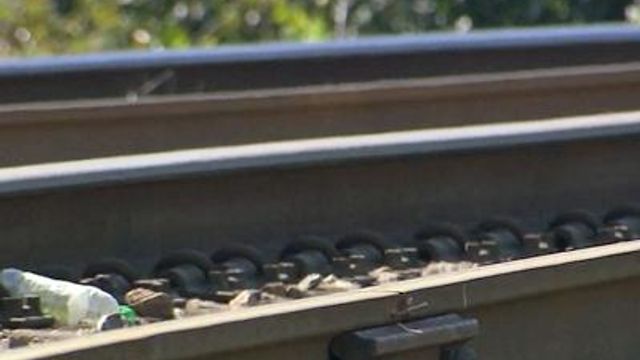Report: NC not benefitting from railroad profits
A report released this week by the North Carolina General Assembly's Program Evaluation Division found that the state is not profiting financially from a relationship it has with the North Carolina Railroad Company.
Posted — UpdatedThe General Assembly created the railroad company in 1849 to manage the now-317 miles of track stretching from Charlotte to Morehead City.
The company brings in about $17 million in revenue each year by leasing the rails to train companies.
But Jim Horne of the state division, which evaluates whether public services are delivered in accordance with the law, says the state isn't seeing any of the revenue.
"The state has contributed to the financial health of NCCR, but the state has not profited financially," Horne said.
In 1998, the state committed more than $70 million to take sole stock ownership from the private company.
The railroad company paid dividends for capital rail improvements until 2006, when tax rules changed, and the railroad was no longer required to pay dividends to the state.
The division now recommends that lawmakers recoup that money from the railroad with a $15.5 million one-time payment and an annual payment of $3.7 million.
Although the division found no mismanagement, it suggested more oversight.
Railroad company President Scott Saylor said Friday that the company has been committing lease money to pay for a long list of needed projects along the line.
"If it became necessary for the railroad to pay for all the cost of that, that would be a problem without new partners," Saylor said. "We recognize these are tough state budget years and that is simply a policy question (that) lawmakers will have to decide."
His assertion is that the railroad company has been following the law, which requires any generated revenue to go back into railroad capital improvements.
Although the division recommend selling some property near the rails to bring in 46 million for the state, it advised against selling the railroad company or the railroad corridor, saying that "valuable rail assets" and their long-term earnings potentials would be lost.
"It's like the golden goose," Horne said. "You don't want to kill the golden goose."
State lawmakers are considering draft legislation based on the report.
• Credits
Copyright 2024 by Capitol Broadcasting Company. All rights reserved. This material may not be published, broadcast, rewritten or redistributed.





